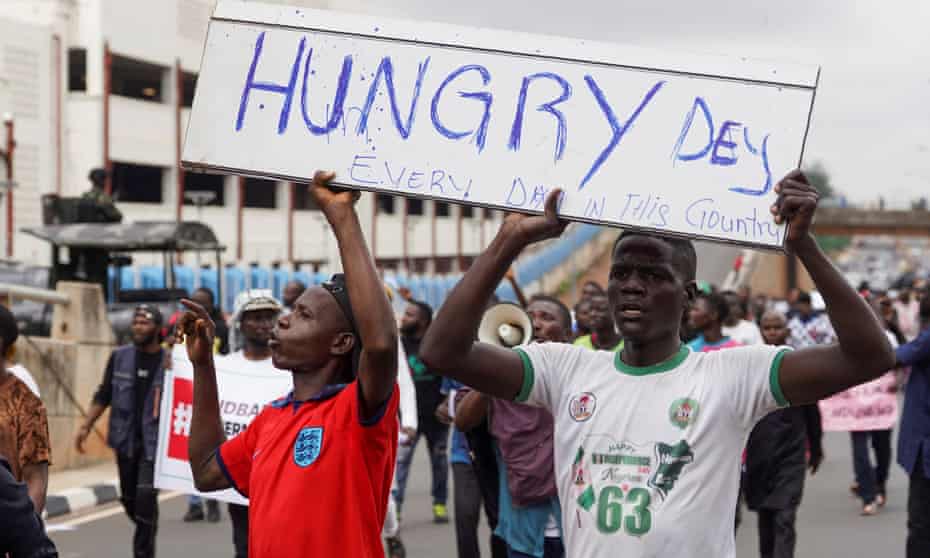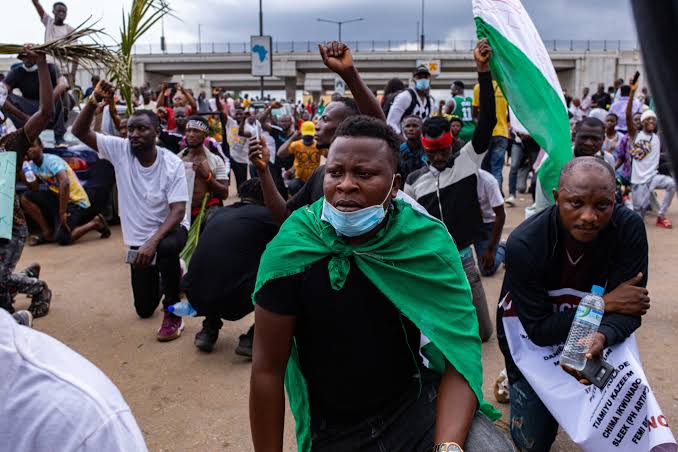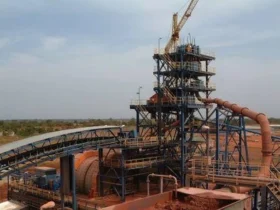As many as seven people have died following clashes between Nigerian security personnel and citizens on the first day of a weeklong nationwide protest against bad governance and a rising cost of living.
According to the Daily Trust, six people were killed on Thursday in Minna, the capital of Niger state, during police attempts to remove a roadblock installed by protesters. In Kano, one person was killed, and another critically wounded by stray bullets fired by police as demonstrators breached the city’s seat of government.
In Abuja, police fired teargas at demonstrators. Protests also took place in Kaduna, Katsina, Lagos, and Yenagoa as part of the “EndBadGovernance” movement. Security personnel and armored trucks were deployed in many cities and towns.

In Lagos, where many businesses were closed, a middle-aged woman was seen drumming and chanting while following younger marchers.
The protests were sparked by a hike in everyday commodities due to multiple policy changes, particularly the removal of a controversial fuel subsidy.
This has led to widespread hunger and pushed more people out of Nigeria’s middle class, prompting youth groups to mobilize.
The protests began earlier than planned in Niger state, highlighting the depth of frustration in the country.
Ikemesit Effiong, the head of research at the Lagos-based SBM Intelligence, said this was because the “much poorer” region, which was experiencing an acute malnutrition crisis, was “disproportionately impacted by a triple whammy of high insecurity – particularly from jihadists and kidnap rings – elevated levels of political instability and a food-growing crisis which has left many families hungry, frustrated and seething.*
The Bola Tinubu led government has been preparing for the protests for several weeks, fearing a Kenya-type mass action.
On Thursday, there were more security personnel than protesters in some cities. Pro-government protesters in parts of Lagos faced little resistance.
On X, the platform, commentators noted that the government’s efforts to stifle the protests had instead triggered a “Streisand effect” – that is, it served to give them even more publicity.
“Today is the hunger day, we all promise you that we are going to be on the streets of Abuja,” one protester told Channels TV in the capital. “Hunger has brought me out,” another protester added.
Follow the Parallel Facts channel on WhatsApp: https://whatsapp.com/channel/0029VaCQSAoHgZWiDjR3Kn2E









Leave a Reply